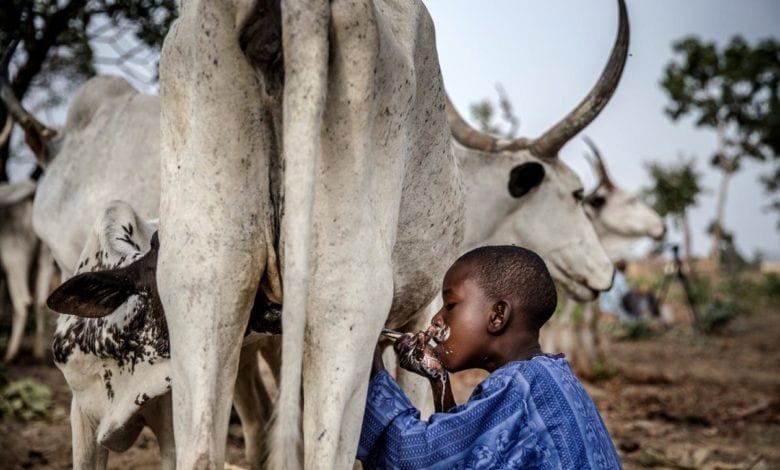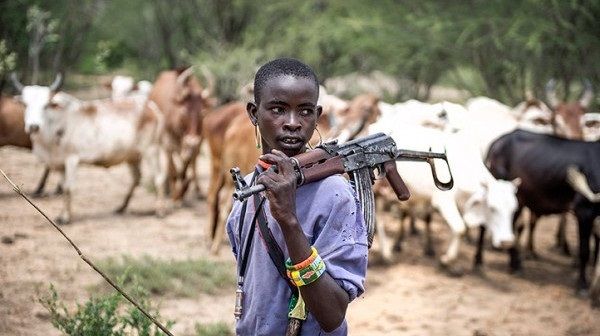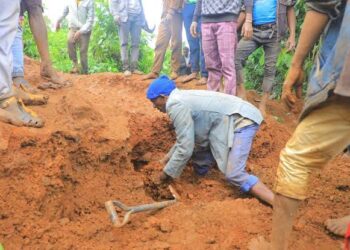Livestock have played a vital role in the development of human civilization, and continues to play the same role in today’s global and local economies; increasing the amount of food and nutrients available to humans. It is also a good source of raw materials for the leather and clothing industry, and provides employment opportunities for operators.
In Nigeria, like the rest of the world, all cultures and groups have known about animal husbandry for centuries, and the need to provide food of plant and animal origin to meet the growing needs of its growing population. The livestock industry is a very important national resource with huge untapped potential because the country has a tropical climate with different rainy and dry seasons, making it suitable for the production of animal and plant feed. However, due to the large population and overcrowding, agricultural production (forage and crops) has increased.

Due to the population-related agricultural intensification, the encroachment of uncultivated arable land for natural restoration of soil nutrients is rapidly disappearing, as is the pasture traditionally used as farmers and shepherds to graze in the dry season. A typical Fulani male lives around his cattle. These animals traditionally graze in open areas and undeveloped grasslands in stray or nomadic ways. This traditional feeding system is called “grazing”. Fulani nomads spend most of their time in bushes and are most often involved in conflicts between shepherds and local farmers.
The Fulani Herdsmen have unabatedly continued its malaise, primarily within the Southern region of the country.
The ineptitude of the Nigerian Police to nip this menace in the bud can also additionally spell extra doom for lives in those areas. The Fulani Herdsmen – who are deemed a tad less lethal than Boko Haram, the ISIS/ISIL, and al-Shabaab in the world – can become Nigeria’s worst nightmare. Other debilitating effects include: impeding exchange practices, reduce in crop yield, displacement of farmers, lack of lives and properties, vandalism, among others. Southerners can no longer go to their farms because they are afraid of being killed and dehumanized by cruel “Fulani herdsmen” carrying dangerous weapons (including AK-47).

The common stance of the Southern governors which is to ban every form of open-grazing, is a step in the right direction. The South needs to unite now more than ever, especially on issues that clearly promote its interests. The South must oppose the “divide and rule” strategy adopted by the British in the North.
In light of this, Rivers State Governor, Nyesom Wike, submitted a bill to the State Assembly yesterday to legalize the 17 Southern Governors’ resolution to prohibit open-air grazing on its domain.
The House of Representatives received the bill in a bid to protect farmland, women, youth, and all residents of the state from bloodthirsty herdsmen. A statement issued by his special media assistant, Kelvin Ebiri, quoted the governor as saying that “an anti-grazing bill will be submitted to the state assembly for early consideration”.
All governors who are against open grazing should do same, after all “drastic challenges demand drastic solutions”.















